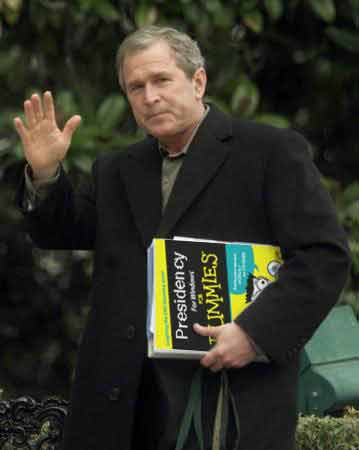Every April 24 since 1994, the U.S. president has delivered a proclamation honoring the people Congress has declared to be "the victims of genocide, especially the 1 1/2 million people of Armenian ancestry who were the victims of the genocide perpetrated in Turkey between 1915 and 1923." And every year since 1994, the U.S. president has managed to do it without once uttering the G-word. It's a ritual of linguistic realpolitik in deference to the massive objections from Washington's important NATO ally, Turkey.


No comments:
Post a Comment